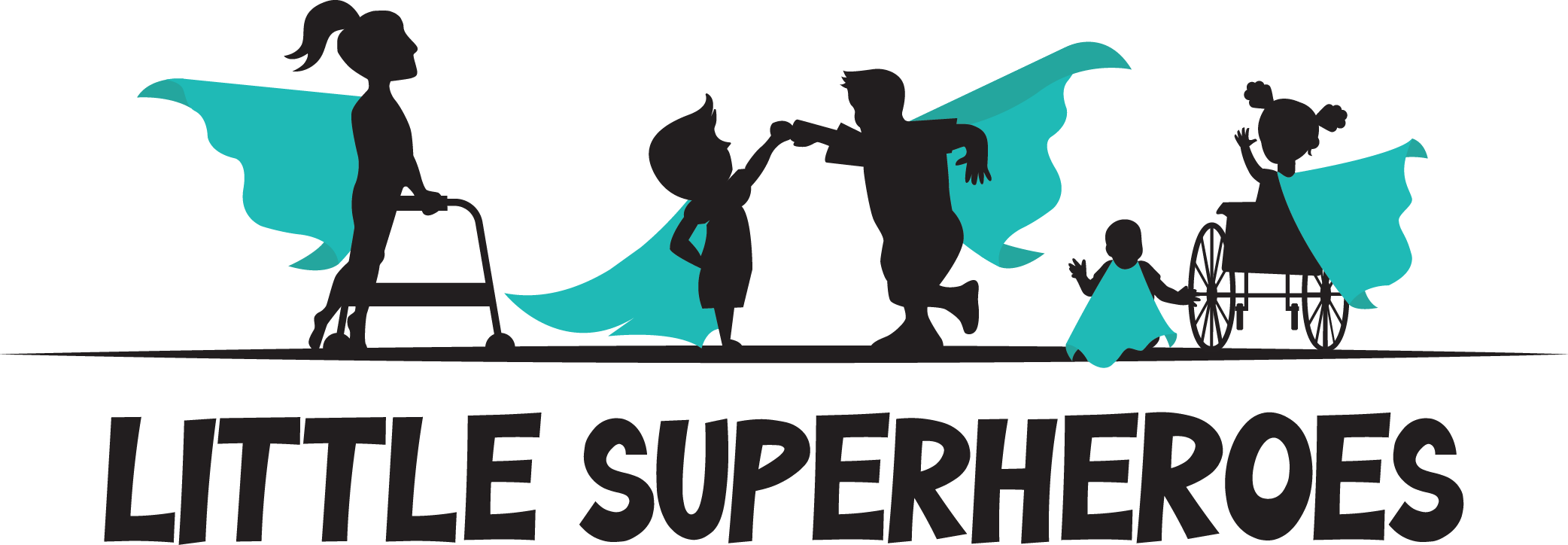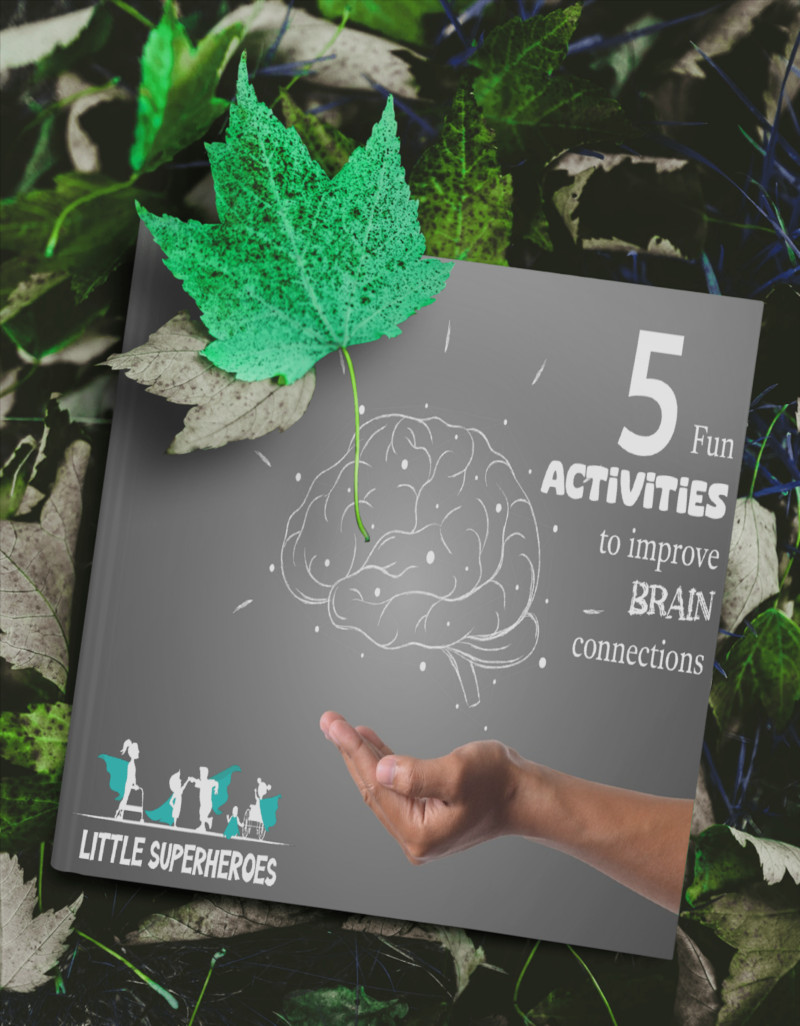We are excited to share this invaluable blog post written by Abbie Louw, a trusted naturopath with extensive experience in supporting children with ADHD and neurodivergent conditions. At Little Superheroes, we believe in taking a holistic approach to helping children thrive, and nutrition is a key piece of the puzzle. Abbie brings a wealth of knowledge on how diet affects brain function, behaviour, and overall wellbeing. We trust her expertise, and many of our families have benefited from her guidance.
1. How Sugar Affects the Brain
When children consume large amounts of sugar, it floods their brain with glucose, overstimulating neural pathways. While glucose is necessary for brain function, an overload can lead to increased hyperactivity and difficulty concentrating—two hallmark symptoms of ADHD.
Sugar also impacts the brain’s dopamine system, which controls attention and motivation. Children with ADHD already have differences in their dopamine pathways, and sugar exacerbates these symptoms. After the sugar high comes a crash, leading to mood swings, irritability, and even more trouble focusing. It’s a vicious cycle that can leave kids feeling anxious, overexcited, and unable to calm down.
2. How Protein and Healthy Fats Help Calm the Brain
On the flip side, a diet rich in protein and healthy fats can help balance brain function. Protein provides essential amino acids, which are the building blocks for neurotransmitters like serotonin and dopamine. These neurotransmitters regulate mood, attention, and impulse control, helping kids feel more balanced and in control.
Healthy fats, such as Omega-3 fatty acids, are vital for brain health. They support the structure of brain cells, improve communication between neurons, and can reduce hyperactivity while improving focus. Omega-3s are also known for their anti-inflammatory properties, which can be especially beneficial for managing ADHD symptoms.
A high-protein and healthy-fat diet stabilises blood sugar levels, preventing the irritability and energy crashes that come from sugary foods. This type of diet also regulates the production of glutamate, a neurotransmitter that can cause hyperactivity when overproduced.
3. Key Nutrients That Support Kids with ADHD
Several specific nutrients play a vital role in supporting children with ADHD:
- L-Theanine: Found in green tea, this amino acid calms the brain without causing drowsiness. It increases GABA, a neurotransmitter that calms brain activity, and boosts alpha brain waves, which promote a relaxed but focused mental state.
- Omega-3 Fatty Acids: Found in fatty fish, flaxseeds, and supplements, Omega-3s are essential for brain health. They support communication between brain cells and help reduce ADHD symptoms like hyperactivity and difficulty focusing.
- Zinc: Zinc is crucial for regulating dopamine, which helps manage impulsivity and hyperactivity. Low zinc levels are common in children with ADHD, and supplementation can improve focus. Zinc, paired with B6, is also essential for neurotransmitter production.
- Magnesium: Magnesium calms the nervous system, aiding in sleep, focus, and mood regulation, all of which are often problematic for kids with ADHD.
- Iron: Low iron levels are linked to increased ADHD symptoms like inattention and fatigue. Foods rich in iron, such as spinach and red meat, are essential for brain function. Low iron is particularly common in kids with ADHD.
4. Why a Protein Breakfast is Crucial
Starting the day with a high-protein breakfast is one of the best ways to support children with ADHD. Protein provides a steady source of energy, stabilises blood sugar, and supports dopamine production, helping children maintain focus and motivation throughout the school day. Consider swapping sugary cereals for low-GI options like porridge or eggs to set your child up for success.
In contrast, a sugary breakfast causes a quick spike in blood sugar, followed by a crash, leaving children feeling tired, irritable, and struggling to focus.
5. How the Ketogenic Diet Can Help ADHD
The Ketogenic Diet (Keto), which is high in fat and very low in carbohydrates, has shown promise for kids with ADHD and other neurological conditions. This diet forces the body to use ketones (produced from fat) instead of glucose (from carbs) as its main energy source. The brain typically runs on glucose, but it functions just as well, if not better, on ketones.
Switching to ketones can help stabilise brain activity, reducing the excitability that often leads to hyperactivity and impulsivity in children with ADHD. Ketones are known to support calm and focused brain function, which is why this diet has long been used to treat epilepsy and other neurological conditions.
Additionally, the Keto diet helps regulate blood sugar levels, which can reduce mood swings, irritability, and energy crashes. Many parents report that their children are more focused, calmer, and less hyperactive when following a high-fat, low-carb diet.
Conclusion:
Diet plays a significant role in how the brain functions, especially for children with ADHD. Reducing sugar and increasing healthy fats and proteins can help regulate mood, attention, and energy levels. Key nutrients like L-Theanine, Omega-3s, Zinc, and Magnesium offer extra support for brain function.
We are thrilled to have collaborated with Abbie Louw, who has a wealth of knowledge in supporting children with ADHD through diet and nutrition. We highly recommend our Little Superheroes families to consider booking a consultation with her to explore nutritional solutions tailored to your child’s needs. Her expertise has already made a significant difference in the lives of many, and we trust that she can help your child thrive too.
















